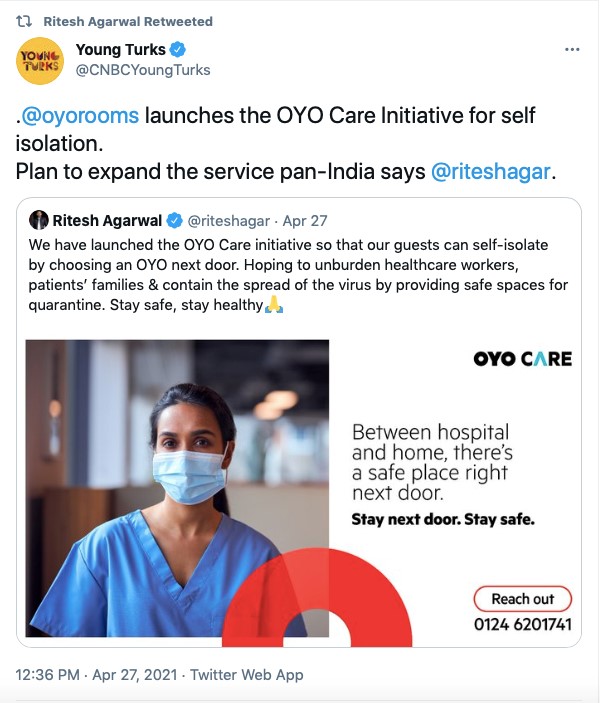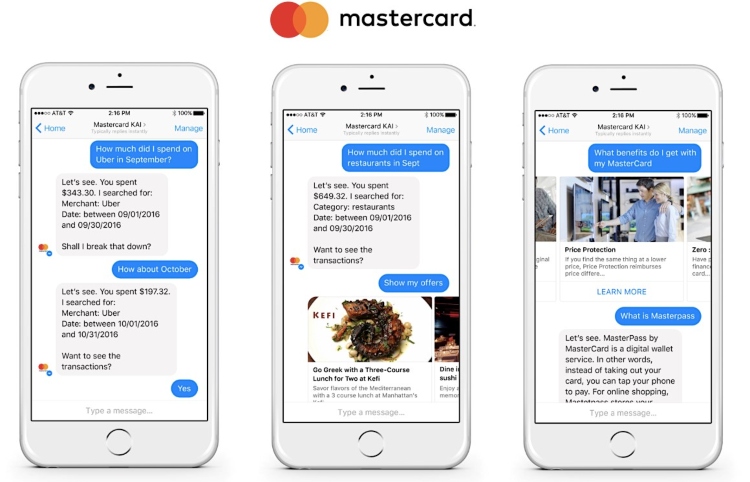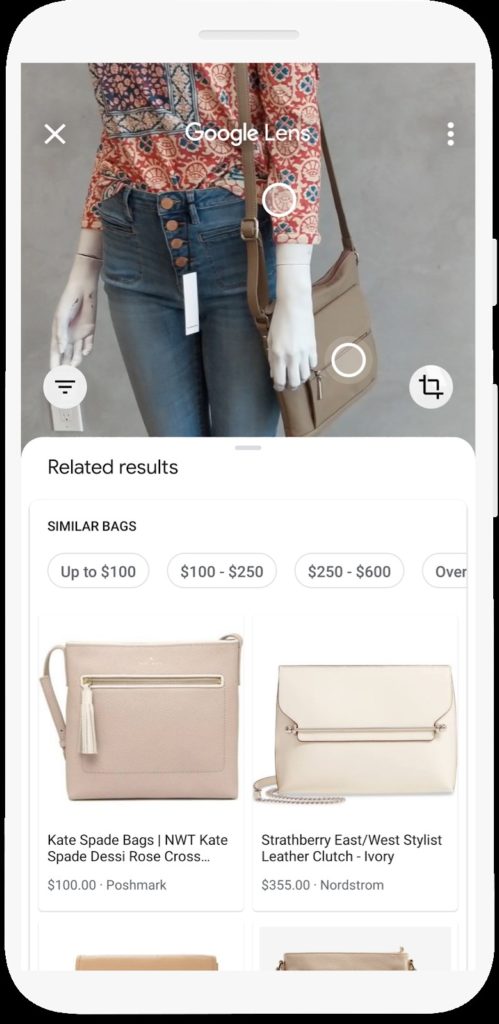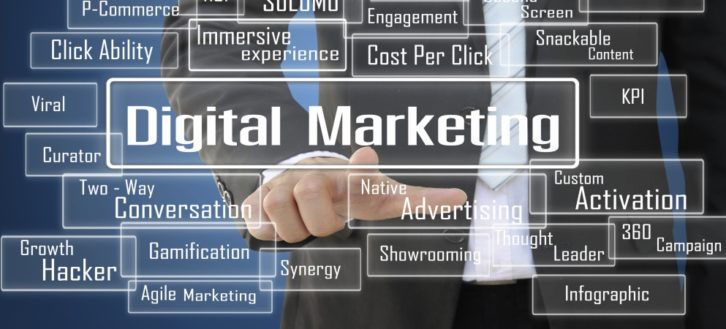The year 2020 was a roller coaster ride for all of us in many respects. Stay-at-home orders and shop closures meant people were stuck inside — spending more time online than usual. This has forced businesses to think long and hard about how they want to communicate with their target audience, preferably creating more human-centric ways to reach out to them.
This article discusses seven power digital marketing strategies you can use to fight the odds, stay afloat and gain new customers and business in these uncertain times:
1. Socially conscious advertising
Millennials are highly socially conscious generations who judge businesses based on the impact they make on society.
Marketing campaigns which are mission-led and touch upon various themes such as equality, inclusion, environmental consciousness (climate change), and diversity are likely to resonate more with these generations.
Many big market players like Starbucks, Lego, and Bosch have already invested heavily in addressing environmental protection and waste management. In addition, we will see more brands running initiatives like OYO Rooms’ OYO Care Initiative for those self-isolating.

The campaign is well-timed and helpful given the current state of affairs due to COVID-19. But remember the guffaw that Pepsi made in 2017? It tried projecting a global message of unity and peace but ended up trivializing Black Lives Matter. It is considered a glaring misstep!
If you want your business to stand out from the competition, it has to tackle somewhat sensitive issues but consciously. Since millennials have the highest spending power, you must connect with them through seasonal topics and critical social issues.
2. AI in marketing
The dominance of AI in marketing is only going to increase. It can help glean data from social media platforms and blog posts and analyze consumer behavior and search patterns to improve marketing efforts accordingly.
One interesting example of AI use in marketing is chatbots. As per a ZDNet study, 54% of consumers prefer to communicate with a chatbot than an actual person when they land on a website. Furthermore, as chatbots can answer 80% of standard questions, they should be utilized more often.
Mastercard, for instance, has a Facebook messenger bot that uses Natural Language Processing (NLP) technology to interpret what the end-user wants and responds like a real person — automating payments.

Even content marketing is undergoing massive digital transformation. For example, when it comes to creating content, AI can be used for guessing which topics a target audience wants to read about.
Clickflow’s Content Editor, for example, uses AI to identify relevant topics and related keywords that would make any article comprehensive and enjoyable — giving it the best possible chance to rank #1 on SERPs.
Bottom line: do not shy away from leveraging AI in your marketing strategy. Its use is only to increase in the coming years.
3. User-generated content
Short for UGC, it is any form of content related to your business crafted by someone who is not your employee or affiliate. It is content that is created by your target audience. Examples include social media posts, testimonials, third-party reviews, and so on.
Research shows that consumers 2.4X more likely to find UGC authentic than the content produced by a brand. That is because UGC comes directly from the people they trust and identify with organically.
When women’s clothing company, Aerie, announced that it would stop photoshopping their models’ pictures, many Instagram users posted an unedited photo of themselves in a bathing suit, using the hashtag “AerieREAL.”

The campaign drove a massively socially conscious movement across female consumers and achieved higher conversions because more consumers came across the brand. Plus, Aerie got a ton of Instagram content to post on social media.
Although as few as 16% of businesses have a strategy around UGC, it is necessary to realize the impact you can make with it — for both the community and business.
4. Nostalgia marketing
The pandemic has compelled us all to sit in our homes for more than a year. This has been a blessing for some, while others struggle to find positivity in these uncertain times. According to Talkwalker, nostalgic social media mentions have shot up since the pandemic began.
That is because people seek positive memories to disconnect themselves from the current feeling or struggles clouding them. In 2016, Adobe paid homage to Bob Ross, the late painter, through videos promoting their new Adobe Photoshop Sketch app.
Ross trended on Instagram that year. Through nostalgic marketing, you can involve positive emotions from your target audience, put your offerings in the spotlight and generate more visibility (and revenue) over time. In addition, this technique enables them to associate your business as a good brand.
5. Voice search
According to a Retail Customer Experience report, businesses that redesign their websites with voice and visual search support will increase their digital commerce revenue by 30%. There are many reasons why voice recognition technology has become so popular.
First of all, it is more readily available — roughly one in four American homes has a smart speaker of some kind. Second, mobile phone usage is now higher than ever due to the pandemic with all of us working from homes.
Plus, the average person can speak around 150 words per minute, which allows for greater efficiency with less effort, making sense to have functionality like voice search on our fingertips. As of today, 51% of consumers find a local business using voice search.
This gives you an excellent opportunity to optimize the pages for answering actual questions starting with “what,” “where,” “how,” and “who.”
Plus, websites with high domain authority tend to rank high in voice search, so there is an opportunity for you to work harder on linking building and off-page activities.
Migrating to a digital transformation of sorts is the only way for many businesses to stay on the map. Voice search is real and can efficiently lead the path for them, make their presence organically stronger online.
6. Visual search
It is not just voice search that will prevail in 2021. Visual search is also gaining precedence, especially in eCommerce, where brands can implement optimized visual content to rank higher in SERPs.
It deploys an AI technology that enables customers to search through real-world imagery rather than through text search, which is how Google Images works.
Tools like Google Lens can help consumers search for whatever they desire. For instance, when a person clicks a photo of, say, an apple using Google Lens, the software identifies the objects and provides information about it.

That means you need to focus on more image-based alt-texts and sitemaps. In the following year, visual search will become very important in the world of SEO.
7. Easily consumable content
In 2020, many consumers focused on easy-to-consume content — like podcasts that do not require any effort from the listener’s side or newsletter that land directly in the subscriber’s inbox. Interestingly, 55% of consumers in the US now listen to podcasts.
In fact, advertisers are now spending more on podcasts, showing that it is the next big marketing strategy to deploy for all businesses. On the other hand, newsletter mentions were up to 14% during the lockdown. So these two areas will see continued growth this year.
The reasons are simple — they are convenient and readily available. They help businesses connect more deeply with their target audience and offer an intimate way to stay in touch. If you have not been thinking about either podcasting or newsletter marketing, now is the time to go for them.
Is your marketing 2021-ready?
Irrespective of what you choose to do for your business this year, providing relevant information and building authentic customer relationships will be the core of it all. Last year was unusual in many ways, and the pandemic has affected every aspect of our lives.
So, strive to be conscious about what you put out in the digital world. Be sensitive and empathetic, and let your content reflect those values.
About the Author
Hazel Raoult is a freelance marketing writer and works with PRmention. She has 6+ years of experience in writing about business, entrepreneurship, marketing and all things SaaS. Hazel loves to split her time between writing, editing, and hanging out with her family.


